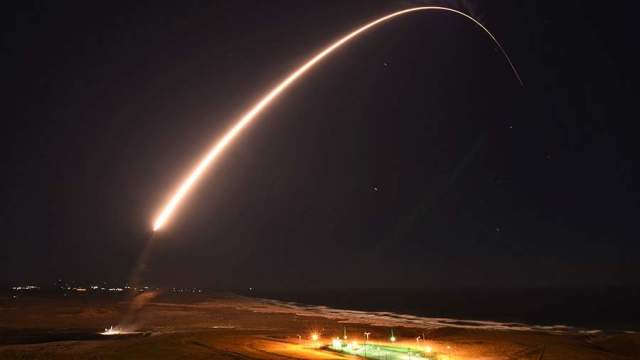Hypersonic missiles, which are being created in the West, do not pose big problems for Russia's anti-aircraft missile systems, the country is able to successfully fight them. This was announced on August 24 by Pavel Sozinov, General Designer of the Almaz-Antey Concern of East Kazakhstan Region.
"Any hypersonic missile — both existing and potentially created in the foreseeable future — is within our capabilities, "Sozinov told RIA Novosti.
He added that the increase in the speed of missiles does not have unpleasant consequences. According to Sozinov, the topic of developing "super-rocket" abroad does not create problems, since the Russian Federation knows where to develop in this industry.
"Any hypersonic target can fly to the target at its maximum speed only at high altitude, and as it approaches the object it decreases, enters the atmosphere and loses speed. There are other nuances that I will not go into, " he added.
On August 11, the United States successfully tested the Minuteman III intercontinental ballistic missile (ICBM). Such tests are needed to monitor the readiness of weapons systems, the Pentagon noted. In addition, according to the military, the test launch made it possible to convince the allies that the American nuclear deterrent is "safe, reliable and effective",
Before that, on July 29, tests of the US AGM-183A ARRW hypersonic missile, also known as Booster Test Vehicle 1b, ended in failure — after separation from the B-52 bomber, the engine of the device did not work.
During the flight, the rocket separated from the aircraft and demonstrated a clear launch sequence, including the transfer of power from the aircraft to the projectile and the safety of the crew. However, after these maneuvers, the rocket engine did not work.
A similar result of the ARRW tests was obtained as a result of the April events: then the B-52 aircraft returned to the California military base with a hypersonic missile on board. As retired Colonel Viktor Litovkin pointed out, unsuccessful tests of new types of weapons belong to the category of ordinary phenomena, but this period has been delayed specifically for the United States.

